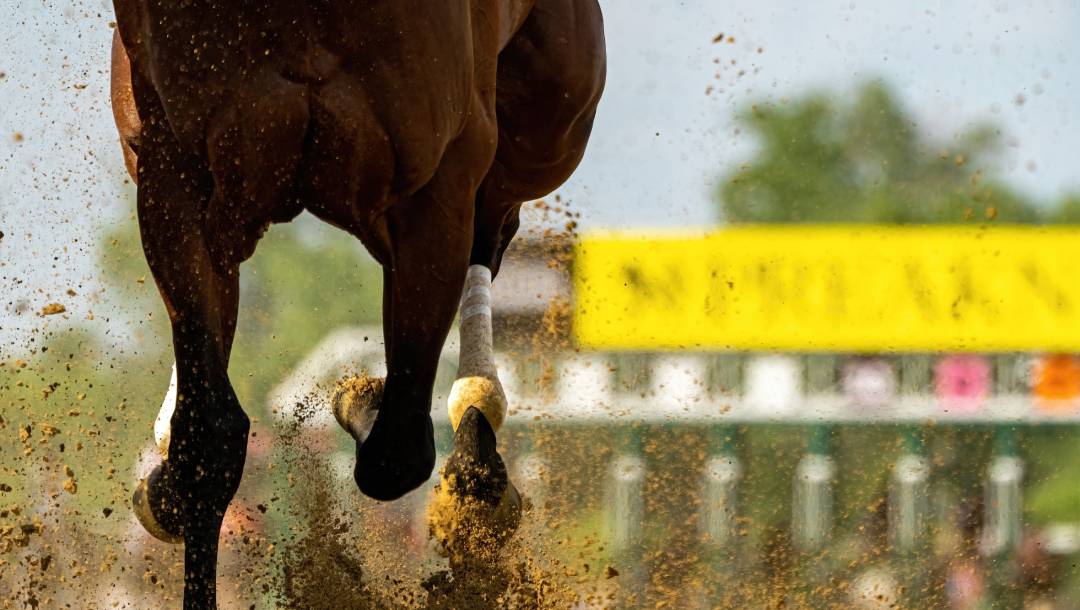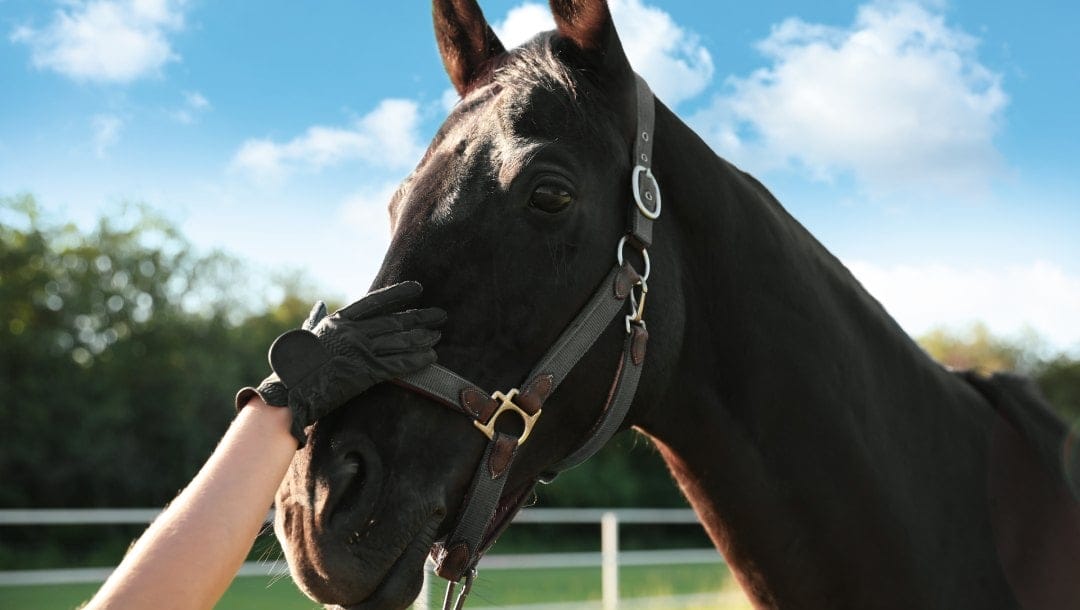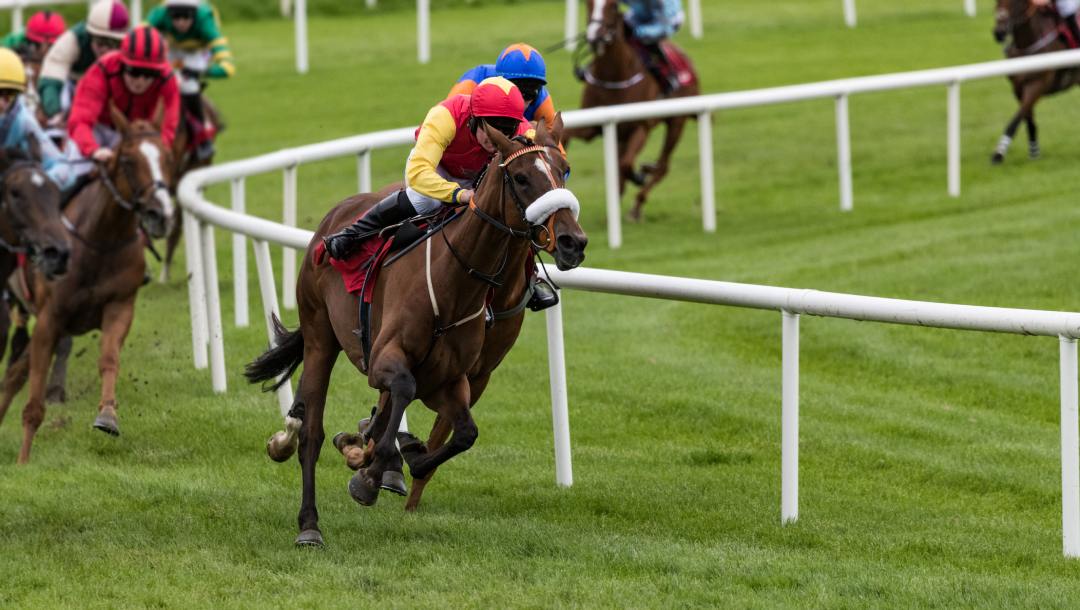Horse racing conjures images of genteel royalty gazing down on magnificent beasts glistening in the summer sun. Below the parapets of splendor, the punting rabble enjoys the adrenaline-filled thrill of betting their hard-earned cash on the ponies.
Yet, with the advent of the web, you and I need not brave the elements to bet on the races. Instead, we can join the millions who contribute to a $12,2 billion industry that continues to dominate the online sports betting world.
Whether you’re an absolute novice or a seasoned punter, here’s a list of some of the most common mistakes made when beginners bet on horse racing followed by seven strategy tips to become a pro.
Most common betting mistakes
You have to bet on one horse
Most novices default to the Hollywood version of betting. Pick a horse and bet on it, then sit back and wait for the money to roll in.
To truly exploit the horse race betting game, familiarize yourself with horse racing rules and take time to understand the plethora of betting options available to you. This includes the fact that you can bet on multiple horses in one race or that you can back a loser and still win money.
Take the time to understand the complexity of horse racing betting that encompass the three most common bets: win, place and show. They are fairly self-explanatory. Win = bet on a horse to win. Place = bet on a horse to finish first or second. And Show = bet on a horse to finish first, second or third.
Earnings diminish as the risk is diluted and variations on these bets, called exotic bets, can get very complicated.
Taking the first odds you see
Interestingly, even the best horse racing betting sites (or racebooks) can offer different odds. Shop around to find the best odds and join at least two racebooks to get the best value from your bets.
Betting on every race
Avoid chance bets where you don’t have enough information on the race or the race is simply stacked in the house’s favor. Remove as much guesswork from the bet as you can and focus primarily on the races you have researched. Leave the low-value races alone.
Seven tips to get you going
Now that you know what to avoid, here are seven strategy tips to convert you from average Joe to profitable pro.
1. Do thorough research
As with any endeavor, information reduces risk. Be prepared to invest a lot of your time in research by scouring horse racing news, live horse racing odds as well as horse racing picks. Gather as much information as you can about the races you are betting on.
Serious punters don’t arrive on the day and rely on tips in chat rooms or their cousin’s “guy” who has it on good authority that a particular horse in a race is a sure thing. Here are the key areas to focus your research on.
Know the jockeys
Too many novices focus all their energy on researching the horses without considering that horse racing is a proper sport that involves skill, experience and talent on the part of the jockey as well as the horse.
There are three areas you need to consider when researching jockeys:
- Past and recent performance will give you an indication of whether he/she is capable of winning.
- How has the jockey performed with this specific horse?
- How well has the jockey performed on this specific track both with this horse and previous horses?
Knowing the jockeys is almost as important as knowing the horses.
Know the horses
Similar to the jockeys, the same three checks apply to the horses. Overall performance, past and recent. Has the horse won on this track and how has the horse performed with this jockey?
In addition, you need to do some digging on the condition of the horse as well, especially if its schedule is packed and hasn’t had time to rest coming into the race or, conversely, if it’s been on a break and hasn’t been competitive for a while.
Be sure to check the horse’s injury history and overall health.
Know the tracks and conditions
It is important to familiarize yourself with the track and its specific conditions. Focus on a few key points including the type of surface, weather, temperature, humidity and even ground saturation.
Correlate these conditions with the horse’s performance over its career and you can start to generate a profile of the horse’s strengths and weaknesses, which all feed back into your overall analysis to inform your predictions.
Know the owners and especially the trainers
You often have to investigate the owners to get information on the jockeys and horses. Tracking specific owners and how they treat their jockeys and horses gives a fair indication of which horses are likely to pick up wins and which ones are racing to earn consistently without setting the world alight.
The pedigree of the owner will also determine the pedigree of the trainer. Winning attracts winners and the best trainers will gravitate toward the owners who play to win.
This may seem superfluous, but trainers are often as important, if not more so than the jockeys.
Try to stay away from new owners and back those who have become serial winners.
2. Focus on outsiders
This may seem counterintuitive, but the more often you back a favorite, the less likely you are to profit. The basic math shows that a favorite’s odds do not necessarily directly correlate with the horse’s probability of winning.
Favorites win around 33% of the time but often attract much lower market odds and lower payouts.
So, while there is a higher probability of winning, the slim earnings as a result of lower market odds over time tend not to cover the losses and you end up with a net loss.
Betting on outsiders delivers a much better rate of return in the long run, as the winning margins more than cover the losses over a longer period because of the higher market odds and higher profit margins.
A quick tip is to analyze the odds of the top three favorites in a race and then pick runners with odds between 3 and 6 and bet against the outright underdog in that range.
3. Go big
If you’re just starting out, look for big events as they often offer the best odds and attract multiple bookies who compete for your money through specials and promotions.
Big events also have more races offering you a much higher win probability.
4. Learn from your mistakes
Recording specific metrics from your previous bets in a journal allows you to go back and analyze your performance over time. This will provide you with trends and patterns that you can relate back to your tactics and strategies and often highlight weaknesses in your approach.
Based on your chosen research methodology and betting practices, keep a record of what inputs you used to make those bets. For example, did you put too much emphasis on the horse’s and/or track conditions while ignoring the horse’s schedule and condition of the jockey?
By keeping a detailed record, you can build up a tactical and strategic profile which you can then tweak to address weaknesses.
5. What is Dutching?
Novice bettors may find this method of betting a little overwhelming. However, once you get the hang of it, you can actually develop a consistent method of winning using a mathematical approach that works out probabilities, potential winning ratios and how much to bet across a wider selection of races.
Suffice it to say that you need not be a college-level mathematician to use Dutching as there are now numerous online resources that bettors can use to calculate optimal amounts for a selection of wagers to get the best possible profit.
6. Back a loser
This is another counterintuitive tip. It is called the “Beaten Favorite System” and refers to horses that recently lost after a string of wins.
It’s kind of banking on the loss being an aberration which pushes the market odds of a win higher in its next race thus increasing the horse’s profitability.
You could also call this the “comeback strategy.”
7. Manage your bankroll
Understanding the long game means that you need a bankroll that will cover the losing streaks. Some of the best punters in the game have a win ratio of around 40-60% so they inevitably keep a deep enough reserve to carry them through the losing streaks.
When you work out the win probabilities for specific horses in several races, you have to factor in losses because of the unpredictability of when those wins will come.
Without a strong enough bankroll, you may not last long enough in the game to enjoy the upside of your strategy.
Get out the gates with BetMGM
Now that you have a basic foundation to take on horse racing betting, register with BetMGM and get into the game.





